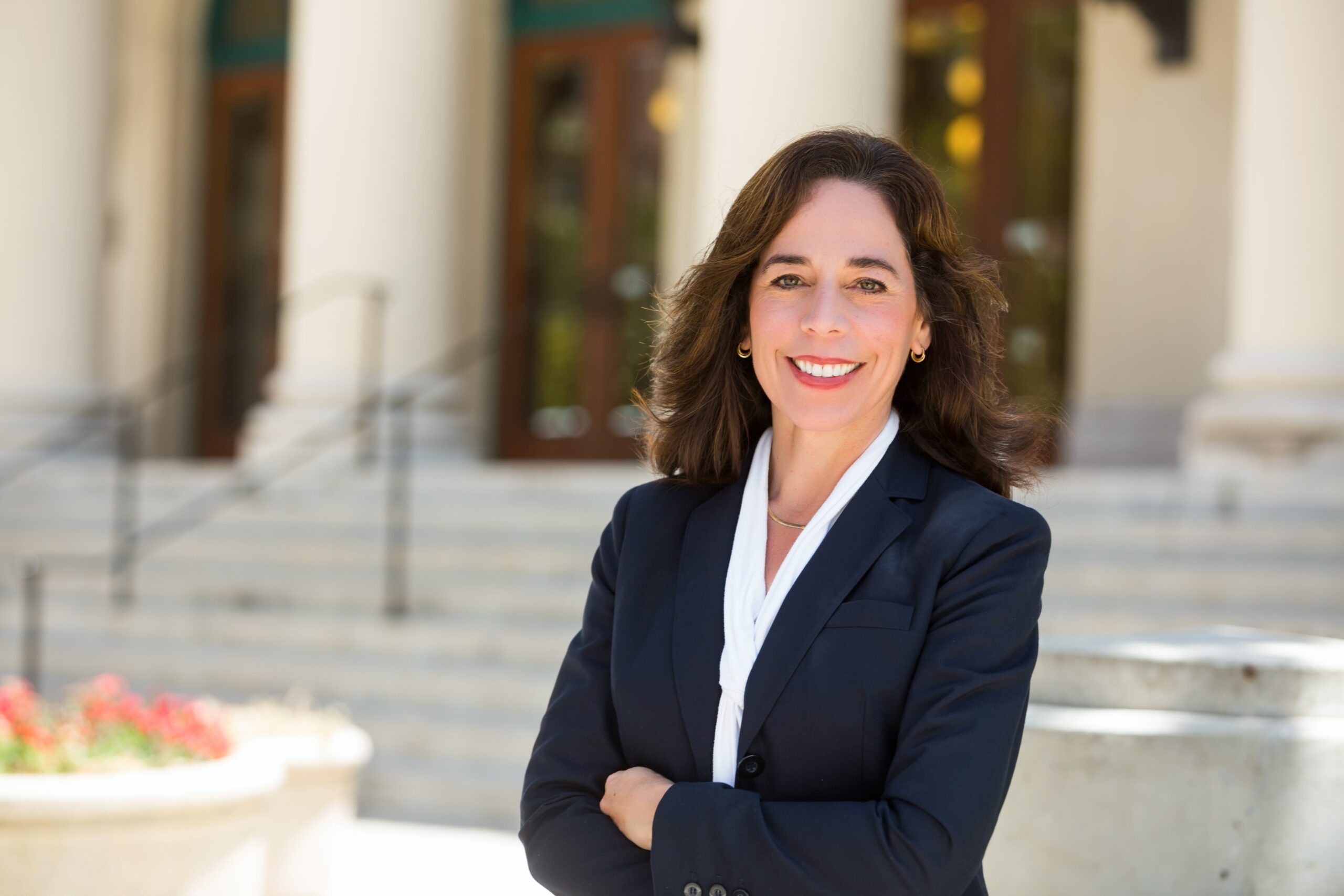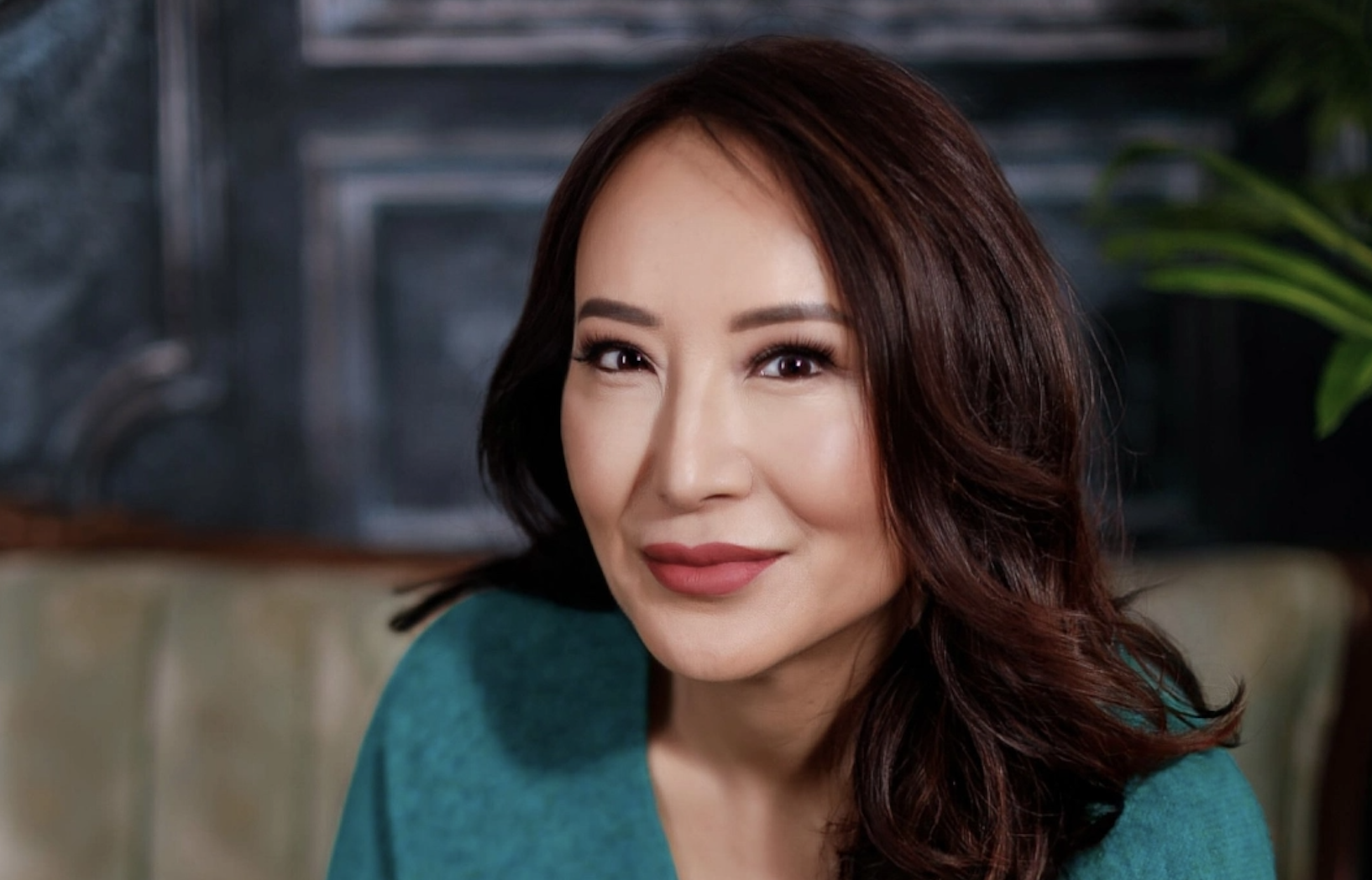People call Kanye West a “rebel” because of his bad boy behavior in pop culture and music. But let’s be serious for a second and remember that his rebellion is all for show and for the cameras. A true rebel is someone like Kenyan Masai woman Peninnah Tombo who dances with death in the name of promoting equality for women in her tribe.
The LA Times reports she is a female rights activist in a place where the words “female” and “rights” aren’t common themes.
“They tell it to my face: ‘You should stop telling women they have rights, because they don’t have rights. You should stop telling girls to fight us.’ Even yesterday, they said, ‘Why do you insist on being equal?'” said the 59 year old badass.
Her mission is threefold: to help girls escape a life of early marriage, end the brutal act of female genital mutilation, and give girls access to education.
Penninah grew up in a rural part of Kenya where she underwent FGM a the age of 11. A year later her father tried to marry her off to a much older man (another common practice in forced marriages) but instead she escaped and sought shelter from a church worker who helped her enroll in school. Now Penninah is offering the same help to other girls.
FGM is an inhuman practice where the hood of the clitoris (and sometimes other parts of the vagina) are cut off because of outdated customary practices which claim it makes a woman “pure” as it prevents promiscuity, supposedly.
But the procedures are often performed in unsanitary conditions where girls experience extreme bleeding, health complications and in some cases death.
The World Health Organization estimates that between 100 and 140 million girls worldwide have been subjected to FGM, and in Africa 91.5 million girls and women above 9 years old are living with the consequences of FGM.
The United Nations Human Rights Commission declared Female Genital Mutilation as a crime against humanity in 1979, yet it happens every day to this day. Countries such as the UK, Germany and other nations where immigrants who settle and try to continue practicing FGM, are now wising up to the long-lasting harmful effects of FGM and are creating better legislation in order to be able to identify the signs and prosecute people who perform the procedures.
In 2011 Kenya bought in a new law which outlined the practice of FGM, making it a crime. However many rural and tribal areas still practice it in secret and part of being able to eradicate the practice is increased education about he harmful effects, and local organizations and citizens being watchdogs of their community. Women in the Parliament likened it to independence for women, whereas men achieved their independence in 1963 from the British Empire.
“FGM is a serious violation of the rights of the child and of women. This bill gives an indication from government it is not just a cultural practice that can go on. The government has taken a bold step and will not tolerate any more violations,” said UNICEF Kenya’s child protection specialist Zeinab Ahmed.
Unfortunately the patriarchal system is still widely supported throughout Africa, and Penninah is working to eradicate its most dangerous mandates in her part of Kenya.
“These old men, they would like to marry their girls off at an early age,” she said. “They would not like their daughters or daughters-in-law to come to me, because they know I’ll stop them from getting married at an early age. They tell them not to come near me. To them, if your wife gives birth to a girl, it’s like you have given birth to property.”
Her rebellious actions are considered a very threat to the core of Masai culture. For many Masai men, change is unthinkable. A girl is not considered as asset, but she is a liability and is married off in order to ease the burden of the family.
Penninah was lucky enough to finish high school then go on to college to become a nurse. Her father died when she was 19, and at 22 her uncle decided to marry her off again. Being older this time and not wanting to shame the family with another marriage refusal, this time she said yes, but ideally would’ve waited longer if it was her choice.
In 1992, Tombo formed Nasuru Ntoiye (Let’s Save the Girls), an organization aimed at stopping female genital mutilation and early marriage. She says many Masai men object to education for girls because they don’t want their daughters to learn they have rights.
“We are trying to change our way of living,” she says. “We are trying to change the boys and girls, so that they can change our community.
“I volunteer at youth groups and tell boys and girls what I went through. I tell them, ‘You are lucky you have someone telling you about this, because I never had anyone telling me.’ We should never get tired of telling this story.”
While change is something she is fighting for, she is considered lucky because her husband doesn’t mind her activism.
Despite the continual threats, the curses placed upon her and the mandates ordering her husband beat her, Penninah is not giving up.
People often think of images of a Masai Warrior when they think of Masai Men, with the colorful body paint and beaded outfits, but there is a new dawn of Masai warrior being heralded, women like Peninnah who fight for equal rights and the chance for girls in her tribe to have a future previously thought of as impossible.




















